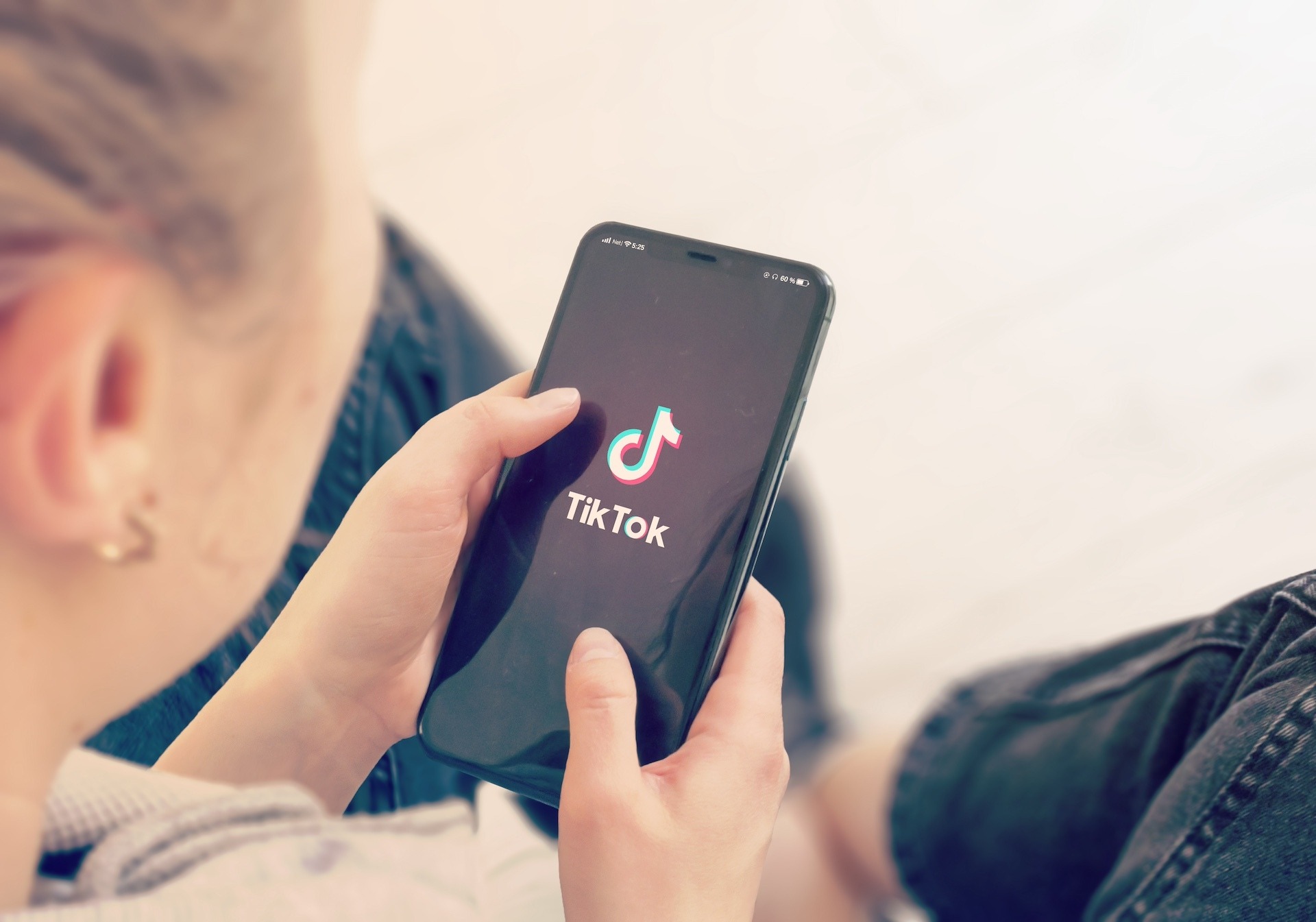Gen Alpha seems obsessed with trying to stay young. Why? Gen Alpha includes youth who were born in the 2010s, so most are just about to enter high school, and yet, many are spending their allowances on skin care and anti-aging products.
According to a survey by Mintel, a marketing firm, a majority – over half – of Gen Alpha students indicated they had purchased beauty products online. Sometimes called “Sephora kids,” these Gen Alpha consumers have access to everything in the palm of their hand, most of it unrestricted. Growing up with social media, which often features makeup tutorials and diet trends, has influenced their mindset and priorities.
“I think the internet has so much on it that it’s not regulated, like it was back in the day,” junior Kaela Jordan reflected. “Back in the day there was censoring of what could be watched, but now it seems nothing is censored and kids are being exposed to a lot.”
Along with unrestricted access to the internet comes very easily impressionable children listening to who they think is trustworthy due to their popular status on whatever the child decides to use. This can be a problem because time after time younger children/adolescents have put their health at risk or ruined experiences for other people due to them being easily and heavily influenced and their parents not taking action against it.
“It’s our job as parents to protect our kids,” one reddit user insisted. “Yes, …they [children] need freedom and independence especially at this age ‘younger than teens,’ [but] they are too young and immature to be following peer pressure.”
In spite of parental concerns, there can be a lot of upsides to the internet as long as Gen Alpha uses it in moderation, such as finding out new interests they would’ve never known they liked, getting involved into kind and accepting communities that lead to lifelong friendships, and discovering new ways to express themselves.
“Yes, I do think that parents should limit the use of technology… because preteens get a lot of it within school,” Jordan concluded. “I do think they can be limited at home. Parents could limit the availability of their device when they get home, such as TV, phones and other devices. As some kids come home and spend the entire day on their screen until they go to sleep.”
There are strategies to ensure that children may continue to enjoy their screen time without using their phones excessively. Reducing the amount of time before bed allows brains to decompress after a long day of screens at school, while occasionally keeping an eye on what and how much youth consume can open the door for conversations about trends (and which are worth following and which are dangerous).
When it comes to younger generations’ screen usage and the number of hours that parents should keep their children away from screens, there is no one-size-fits-all answer. Doing nothing, however, will push Gen Alpha onto dangerous paths.



